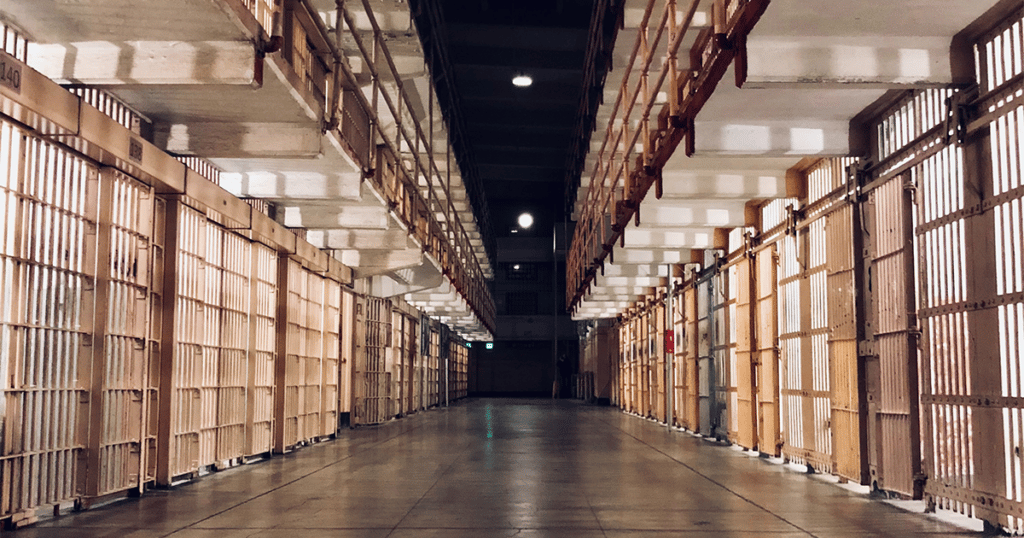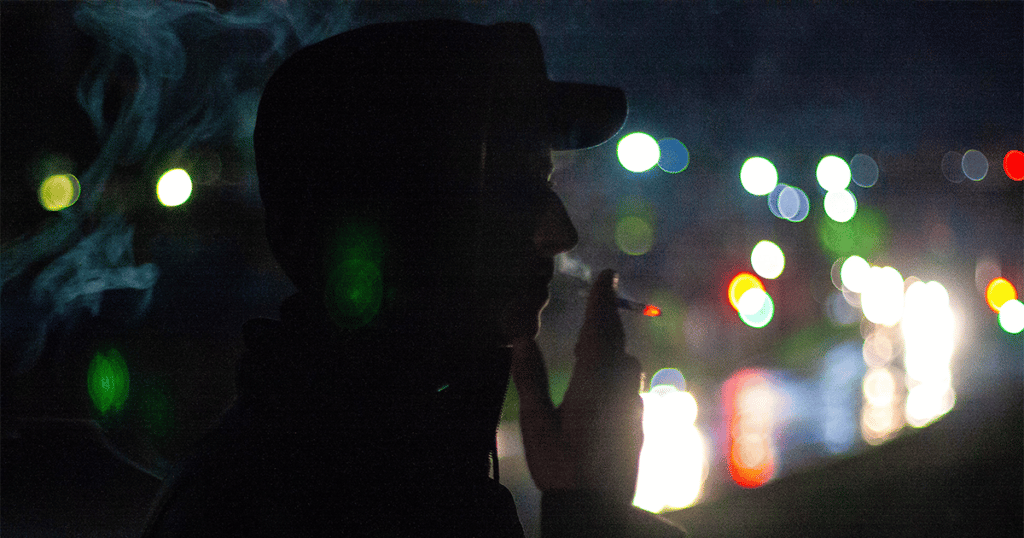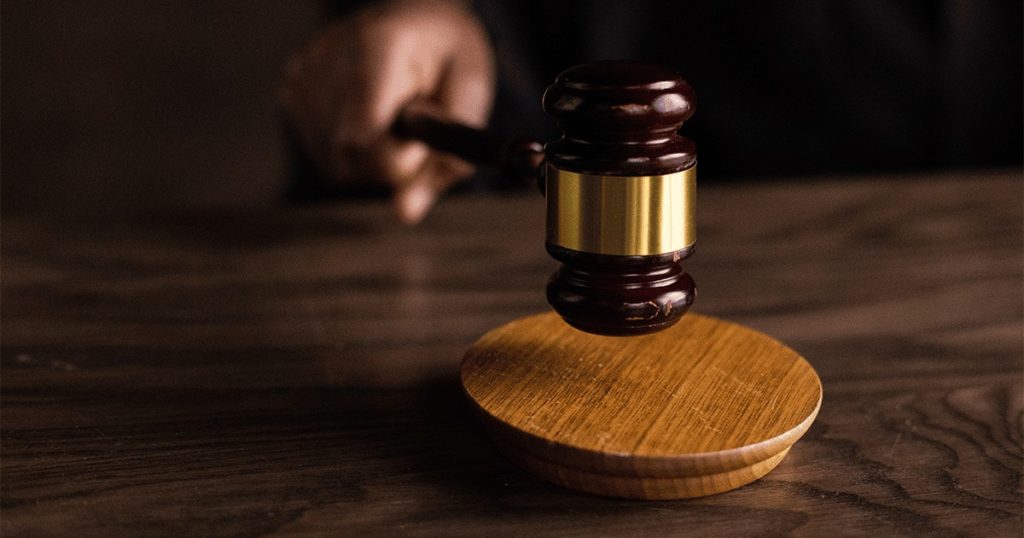Social equity cannabis licensing programs in the United States are designed to help people with criminal records enter the legal cannabis market. These programs aim to help individuals who have been disenfranchised by cannabis laws, such as people with prior convictions for marijuana crimes.
These well-intentioned programs exist across the country. However, applicants face similar issues nationwide: lack of funding, bureaucracy, and limited resources mean that these programs don’t have enough money available for all applicants who qualify for them.
An Attempt To Rectify Years Of Bad Policy
The legalization of cannabis has brought up many issues regarding equity. The highly-criminalized drug resulted in thousands of arrests and millions of dollars in fines, and now that it’s legal in some states, there is a push to rectify these injustices. One way they are doing this is through social equity licensing.
Social equity programs aim to provide opportunities for people disproportionately affected by drug-related policies to enter the cannabis industry. However, it’s not all sunshine and rainbows. Unfortunately, without systemic change, social equity licenses have a limited positive impact.

California’s Costly Delays
Social equity applicants are often forced to bear the brunt of the city’s inefficient and poorly-planned permitting process.
Ryan Brown, a social equity applicant, struck a deal with a landlord to hold property in central Los Angeles. But processing delays with the city’s Department of Cannabis Regulation (DCR) and bureaucratic runarounds for months derailed the deal. This process resulted in him losing access to the property and wasting thousands of dollars on applications and city fees that he had no other option but to pay.
In that time, he’s spent more than $15,000 in various application and city fees — all money down the drain, and he’s not the only person dealing with issues like this.
The Legal Maze Of New Jersey
Although the New Jersey social equity program offers financial assistance for its low-income participants, many of them still struggle to find legal help.
Even though many individuals may qualify for the program and are able to pay their license fees, there is still one major hurdle they must overcome: finding a reliable legal service that can guide them through the state’s complicated maze of forms and other requirements.
Legal services for the conditional application can cost a flat fee of $100,000, something the disenfranchised social equity applicants can obviously not afford.
Bud In Boston
In Boston, applicants need to demonstrate both their own local status and the amount of local support they can garner before their application is accepted. This process requires community outreach meetings, documented support from residents and a letter from the local city counselor. One board member even suggested a $15,000 traffic study, which would have been prohibitively expensive for many businesses.
Boston also has notoriously white cannabis spaces, despite the majority of those disenfranchised being black and brown. Some activists are calling for an end to this kind of gatekeeping, arguing it unfairly favors those who already have access to capital and resources while preventing others from entering the industry.
New York Up Next
As New York State prepares to launch its adult-use cannabis market, its social equity application model is failing in ways that are not new or unique. Commonly cited issues with the state’s program include costly fees and high barriers to entry. For example, applicants must demonstrate experience in business and have private backing in order to be approved for the social equity license.
This is, of course, extremely difficult for those who have been convicted of crimes and have either bad credit, a limited job history, or are otherwise limited in their ability to procure private support.

Social equity programs seem well-intentioned on the surface, but in execution, they are often antithetical to their goals. Social equity programs are failing black and brown people and do not do enough to lower barriers to entry into the cannabis industry.
Cannabis legalization has been a boon for states that have legalized it, but it has also created problems for communities of color who are disproportionately affected by marijuana prohibition. While some states have tried to address this issue by creating social equity programs, these programs are failing to help those who need them most.
The best way forward is to focus on improving access for all people — not just those who fall into a certain category — and removing barriers for everyone so that everyone can benefit from legalization.
Enjoyed that first hit? Come chill with us every week at the Friday Sesh for a freshly packed bowl of the week’s best cannabis news!

















